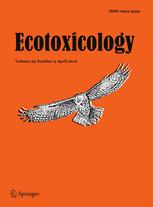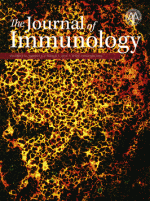A paper on the characteristics of a photodiode has been retracted corrected because one of the authors “does not want this article for her academic career.”
We don’t often see this kind of reasoning in retraction notices, since adding to one’s publication record is generally a good thing. But occasionally papers do get pulled when researchers are included against their wishes.
Here’s the entire retraction correction note for “Illumination response on the electrical characterizations *Cr/n-GaAs/In photodiode,” published in Optik – International Journal for Light and Electron Optics:
Continue reading Author didn’t want photodiode paper “for her academic career”

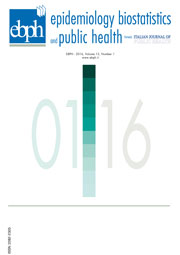

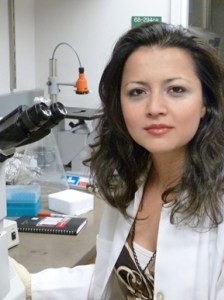
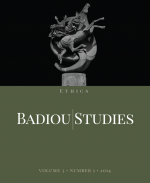 A philosophy journal that focuses on the teachings of philosopher
A philosophy journal that focuses on the teachings of philosopher 
